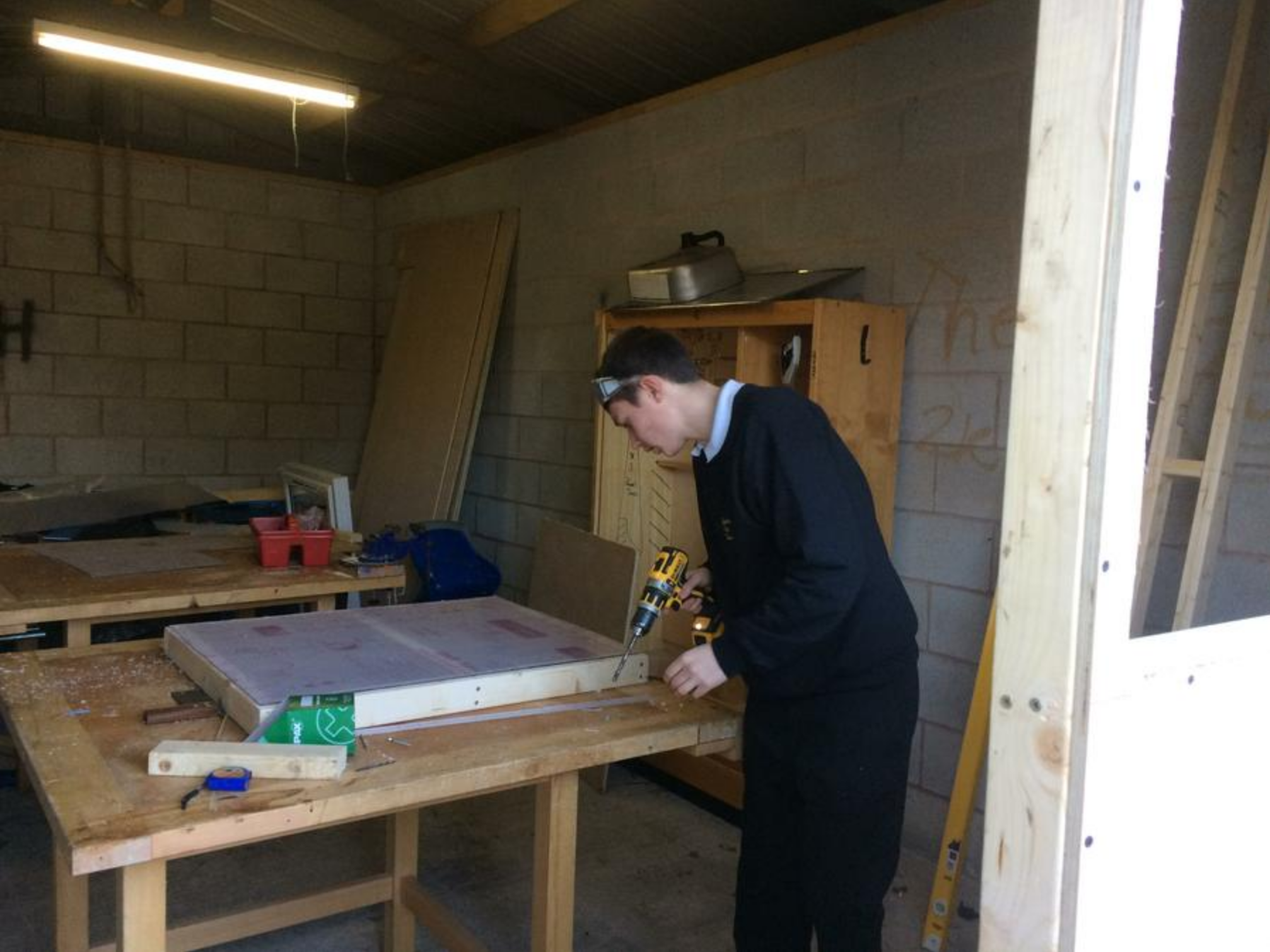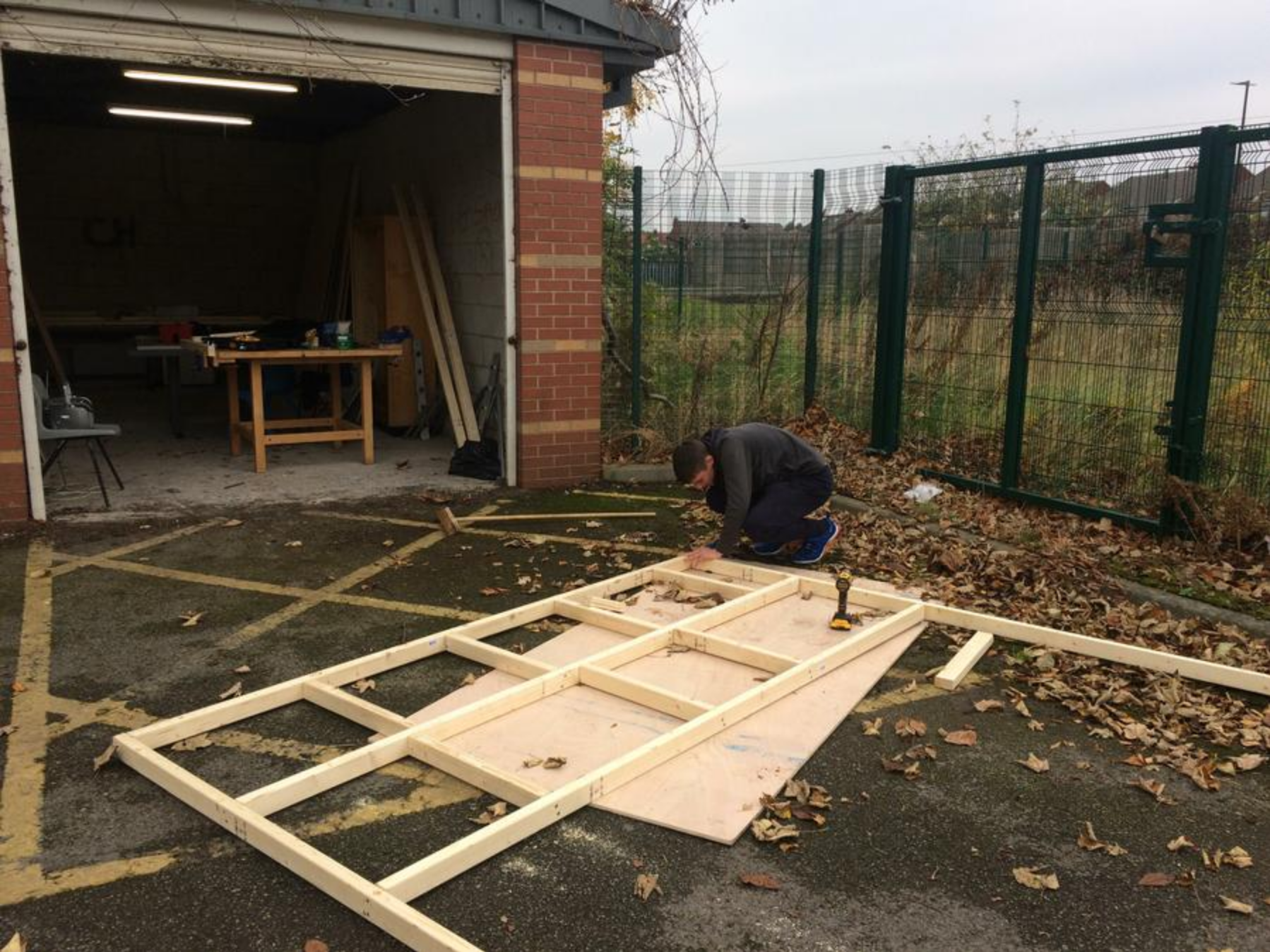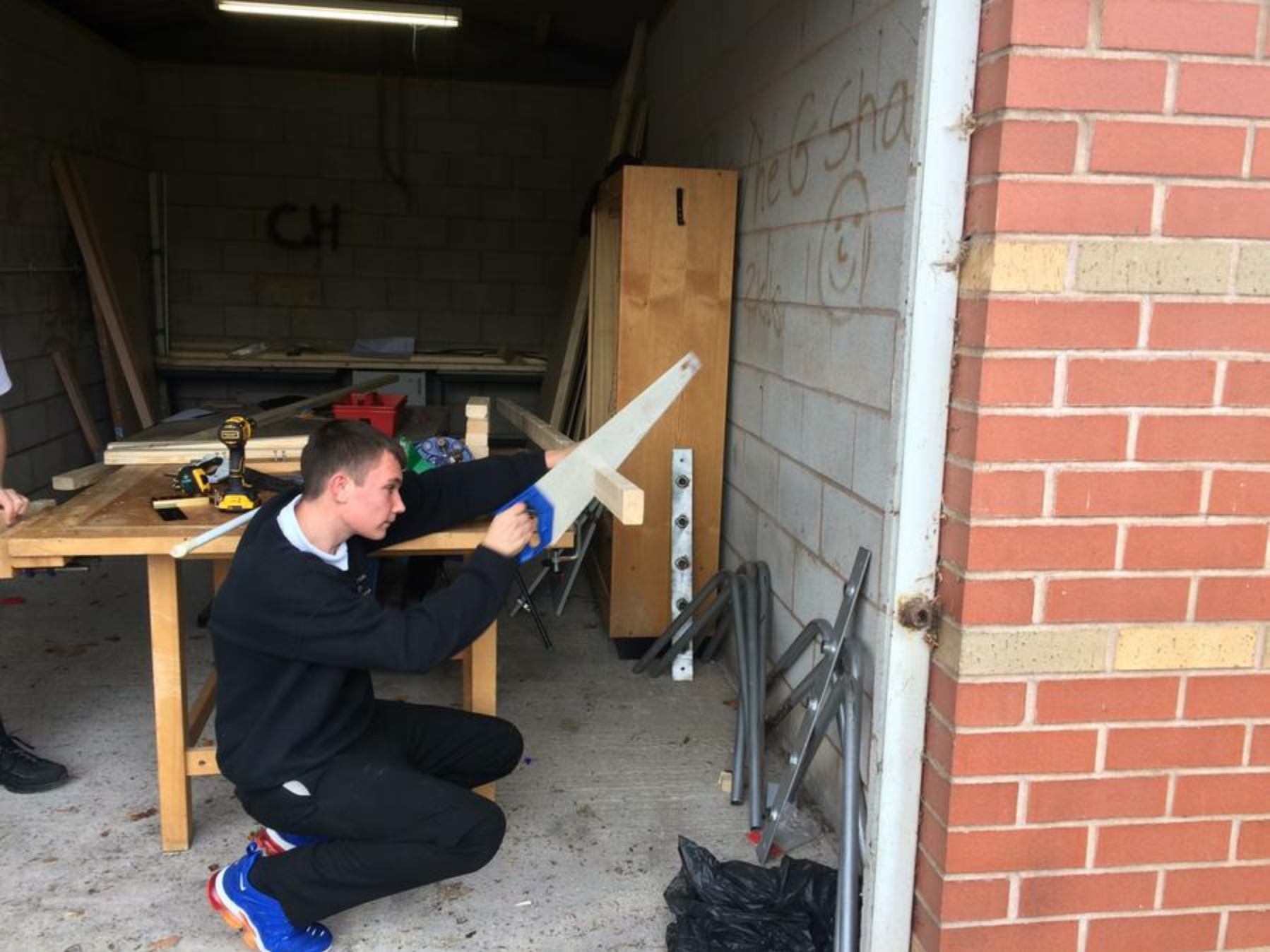
Vocation
Vocation-Theory:
Vocation theory supports the practical vocation activities. Such activities include looking at our school environment and taking pride in its appearance. The school grounds will be maintained, a garden area cultivated and the school interior enhanced. This will involve learning new skills in woodwork, gardening and painting & decorating. Additional skills in basic electrics and window fitting will be developed along with an understanding of addressing project needs, costings and financial implications. In both theory and practical tasks, we will be focusing on hygiene and the wearing of uniforms, reviewing Health and Safety and Health and Hygiene policies.
We recognise that our students have developmental needs regarding communication and interpersonal skills which will hinder their confidence in life skills. In addition, we recognise that life skills involve a level of interpretation based on Non-verbal communication, intonation and context. In Vocation we will develop interpretive skills and analyse both response and conduct. In doing so we will also focus on Students’ Risk Assessments and develop strategies to improve how they are viewed by our community. This will involve analysis of how we are perceived by others and why image/presentation is important. During Voc, we will develop skills via role play and discussion. We will analyse examples of both positive and negative communications looking at letters of complaint, job applications and planning holidays. We will learn how to complete forms, how to budget and how to promote ourselves to positions of greatness. Consideration will also be given to analysing the information we are asked for and the importance of security and fraud prevention.
Time will be spent with regard to Future Self work completed in PSHE and practical targets set in a logical format.
In Voc, we will focus on the power of social media, the negative connotations it may have for future prospects and the threat it may pose to our welfare, both emotionally and financially. In addressing dilemmas, we will learn a code of conduct, based on our values set, focusing on honesty and justice. Finally, we will create real situations out in the community and visit the bank, post office, café, shops etc. to put what we have learned into practice.




